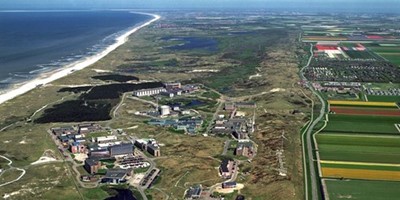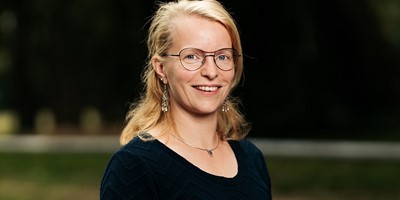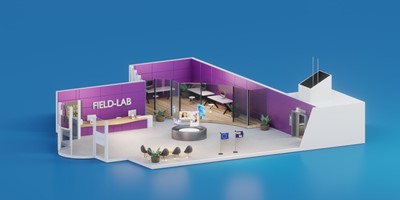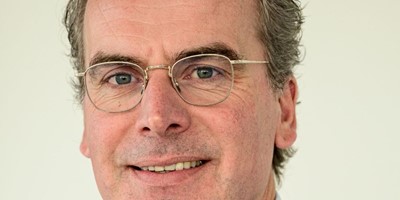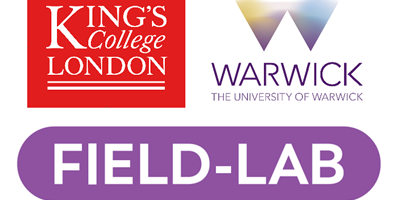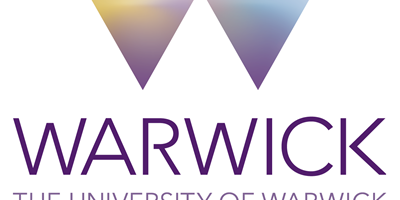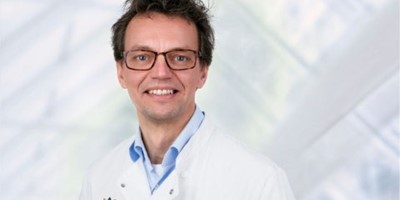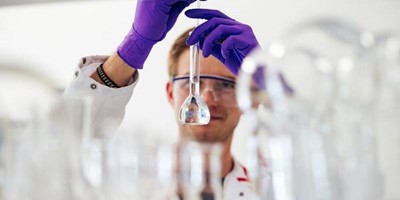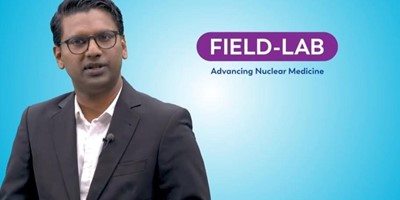Knowledgebase
During the NVNG Spring Conference of last Friday our R&D manager Karlijn van der Schilden provided insight into the current developments of NRGǀPALLAS in the field of developing new production routes for existing and new isotopes. With inextricably linked the subject of securing availability and supply.
Customer satisfaction is a core value at NRG, and therefore we are very proud to be nominated for a Customer Experience Award in the category Biggest Riser by Integron, a large research company in Rotterdam.
In order to predict the behavior of nuclear medicine in the body after administration, Ramona Bouwman, consultant radiation protection at NRG, has been developing a biokinetic model to do just that.
The construction of the FIELD-LAB building on the Energy & Health Campus in Petten is ready to start. The necessary licenses, being the nuclear energy act permit by the Authority for Nuclear Safety and Radiation Protection (ANVS) and the building license by the council of Petten, have been acquired.
A decade ago, it was claimed that alpha-emitters are indispensable when it comes to optimisation of strategies for tumour therapy. Over time, this robust statement has become increasingly relevant, which has resulted in research aiming to develop alpha therapy which can be used in the clinic to substantially improve outcomes for cancer patients. This is exactly what healthcare entrepreneur Jan van Bodegom, MD will present at the 3rd Annual Targeted Radiopharmaceuticals (TRP) Summit in Berlin between 7 and 9 December 2021.
In the University of Warwick and King’s College London, the FIELD-LAB of NRG has found its first international partners. The universities will be involved in a project on cisplatin to improve existing treatment and to find out why it might not be as effective in all patients. By joining FIELD-LAB, the universities hope to accelerate the process. “The beauty of FIELD-LAB lies in providing a form of open European collaboration, by offering all partners valuable information and knowledge” says Dr Imberti, University of Warwick.
In the University of Warwick and King’s College London, the FIELD-LAB of NRG has found its first international partners. Despite the significant barriers created by both the COVID-pandemic and Brexit, researchers and scientists on both sides of the Channel managed to get things started and hope to present exciting new findings in due time. Dr Cinzia Imberti, Sir Henry Wellcome Postdoctoral Fellow, University of Warwick, UK and Nora Klaassen, project manager R&D at Field-Lab, Petten, the Netherlands, shed some light on how this collaboration started and its hopes for the future.
The market for lutetium-177 is expected to grow significantly in the coming years. There are many products in the clinical pipeline that use lutetium-177 as radioactive substance, and we are seeing new, up-and-coming therapies. A promising agent is lutetium-177 PSMA, which acts on the prostate-specific membrane antigen and is used in the treatment of metastasised prostate cancer. In addition to prostate carcinomas, other cancers could be treated with the isotope lutetium-177 in the future. Prof. Hendrikse of Amsterdam UMC, VUmc location, foresees expanding possibilities for patient treatment despite some issues related to market availability.
Medical isotope offers great perspective for the effective treatment of various cancer indications with limited side effects
During the Targeted Radiopharmaceuticals Summit, James Nagarajah gave a presentation. In his presentation he spoke about the challenges that can be faced during the development of a new radio pharmaceutical, and how these can be overcome by collaborating with suppliers, industry partners and medical institutes.


